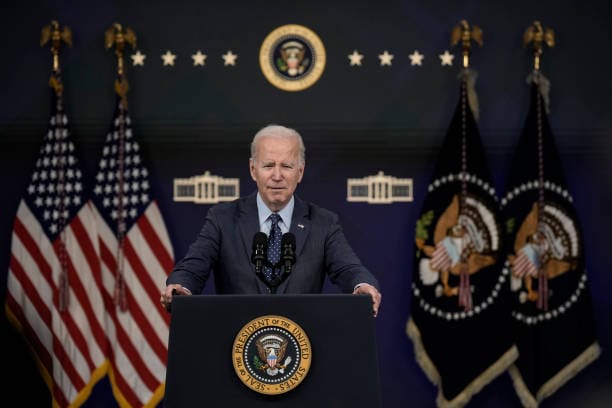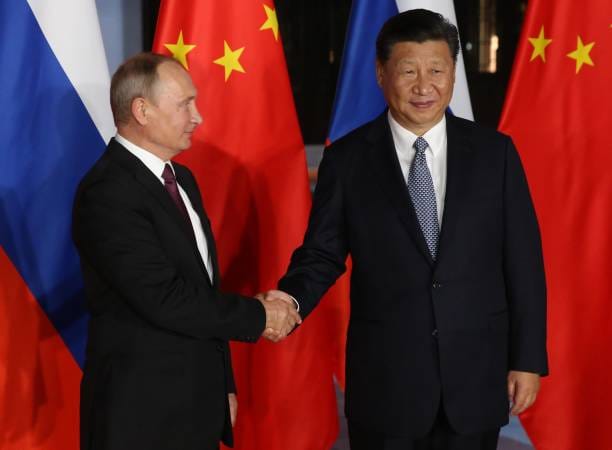Digital Warfare: US Impose Sanctions On Hamas' Cyber Command

The United States has imposed stringent sanctions on key figures within Hamas' cyber and drone operations. The Treasury Department's announcement on Friday targeted individuals based in both Gaza and Lebanon, marking a significant escalation in the US's cyber counter-terrorism efforts.
The sanctions have been levied against a spokesperson for Hamas and leaders of the group's drone unit, which have been instrumental in the organization's increased cyber warfare and UAV capabilities. Among those sanctioned is Hudhayfa Samir ‘Abdallah al-Kahlut, also known as “Abu Ubaida,” who has been the spokesman for the Izz al-Din al-Qassam Brigades, Hamas' military wing, since at least 2007.
In addition to Abu Ubaida, the sanctions list includes William Abu Shanab, the commander of the Lebanon-based al-Shimali unit, and his assistant Bara’a Hasan Farhat. Khalil Muhammad ‘Azzam, an intelligence official, has also been named. These individuals are believed to be at the forefront of Hamas' technological advancements in unmanned aerial vehicles (UAVs) and cyber operations.
Brian Nelson, Treasury under secretary for terrorism and financial intelligence, emphasized the gravity of the situation, stating, "Today’s joint action reinforces our continued, collective focus on disrupting Hamas’s ability to conduct further attacks, including through cyber warfare and the production of UAVs." He further added that the Treasury, in coordination with international allies and partners, will persist in targeting Hamas's facilitation networks wherever they operate, including in the cyber domain.
The sanctions come at a time when cyber warfare has become a frontline in modern conflict, with state and non-state actors leveraging technology to gain strategic advantages. The US's actions are a clear message that it stands firm against such threats and will use its financial and legal powers to disrupt and deter terrorist activities.
The European Union has also joined the US in imposing sanctions targeting Hamas, indicating a unified stance against the group's cyber and drone operations. As a result of the sanctions, all property and interests in property of the designated individuals that are in the United States or in the possession or control of US persons are blocked and must be reported to the Treasury’s Office of Foreign Assets Control.
The international community has largely welcomed the move, with many viewing it as a necessary step to curb the growing threat of cyber-terrorism. However, voices within Gaza and Lebanon have criticized the sanctions as an overreach of US authority, potentially exacerbating tensions in the region.
As the story develops, the implications of these sanctions on the operational capabilities of Hamas and the broader geopolitical landscape remain to be seen. What is clear is that the digital battlefield is becoming increasingly central to global security, and the US is positioning itself as a key player in shaping its future.



